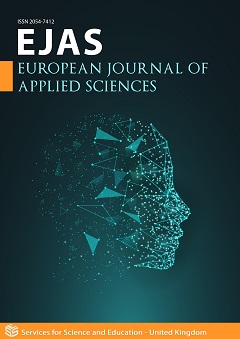Using Predictive Bayesian Methods to Develop a Comparative Assessment Municipal Wastewater Disposal Methods in Southeast Florida
DOI:
https://doi.org/10.14738/aivp.123.17061Keywords:
wastewater effluent disposal, injection well, ocean outfall, potable reuse, reclaimed waterAbstract
Predictive Bayesian methods were used to develop a comparative assessment of the risks of six effluent disposal alternatives currently or potentially available to wastewater utilities in Southeast Florida. The alternatives are: 1) deep well injection 2) ocean outfalls following secondary treatment, 3) surface water (canal) discharges following secondary wastewater treatment, filtration and nutrient removal, 4) reclaimed water (secondary treatment plus filtration and high-level disinfection, 5) indirect potable reuse (full treatment with reverse osmosis, plus ultraviolet light and advanced oxidation) and 6) direct potable reuse using reverse osmosis, ultraviolet light and advanced oxidation. Water quality data was gathered from a series of south Florid utilities, south Florida test facilities, receiving waters and other relevant locations to south Florida wastewater effluent disposal. This paper presents the conclusions regarding relative health concerns associated with these disposal alternatives. The results indicated that health risks associated with deep wells and direct potable reuse were generally lower than those of the other alternatives.
Downloads
Published
How to Cite
Issue
Section
License
Copyright (c) 2024 Kelley Conboy, Frederick Bloetscher, Daniel E. Meeroff, Chi Ho Sham, Richard Gallant, James Hart, Albert Muniz, T. Shibata, Mary Ellen Tuccillo, James D. Englehardt

This work is licensed under a Creative Commons Attribution 4.0 International License.






